Forum Victoria 2025
PROGRAMME
Forum Victoria 2025
PROGRAMME
AUGUST 24 (SONGHEES WELLNESS CENTRE)
3:30 p.m.
Welcomes
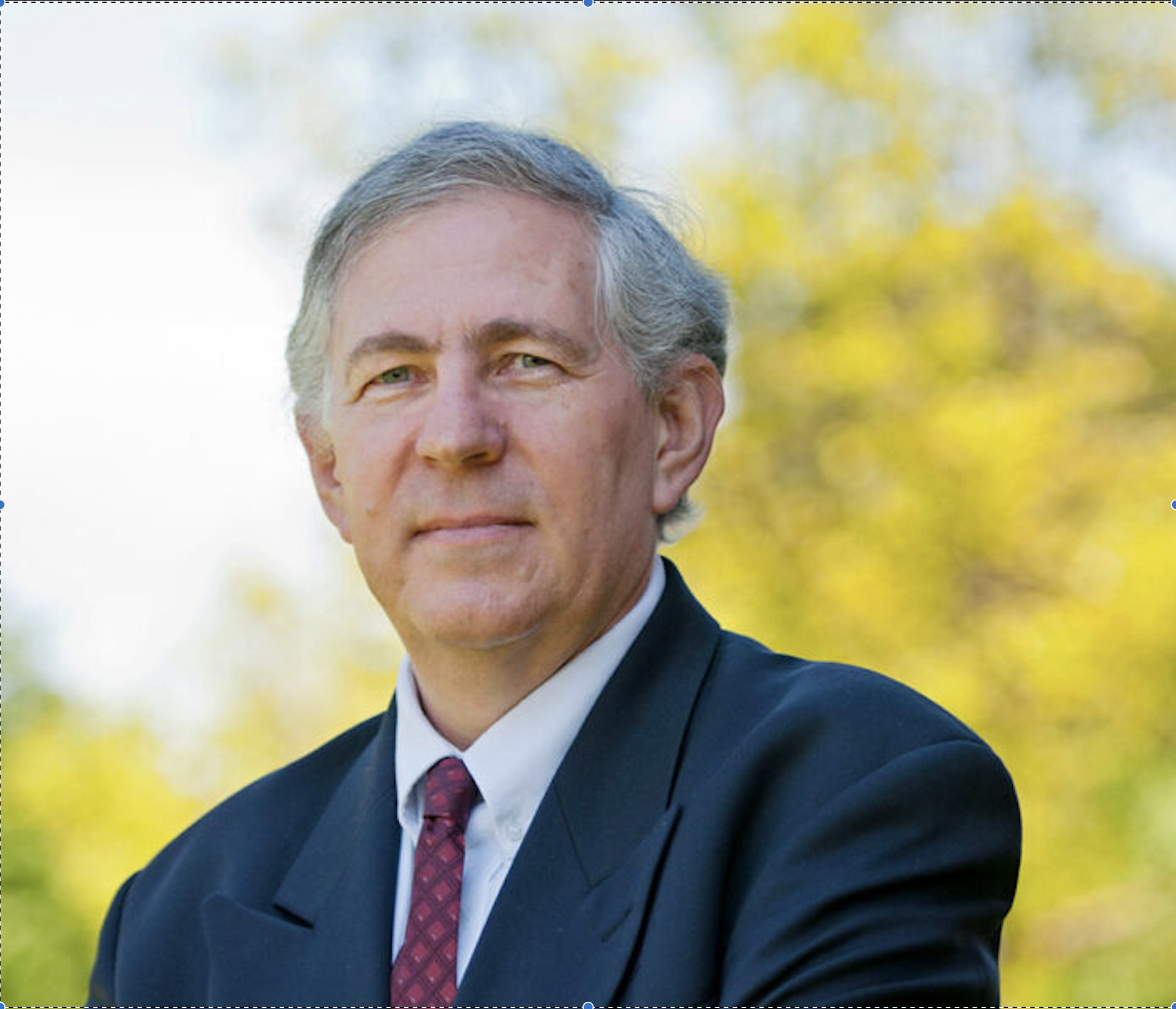
Saul Klein
École de commerce Gustavson, Université de VictoriaSaul Klein was a Professor of International Business in the Gustavson School of Business at the University of Victoria (Canada), where he served as Dean from 2012 to 2023.
Né au Zimbabwe, Saul a eu une vaste carrière couvrant les pays en développement, développés et en transition. Il est titulaire d'un baccalauréat en économie de l'Université hébraïque de Jérusalem (Israël) ainsi que d'un MBA et d'un doctorat de l'Université de Toronto (Canada). De 1996 à 2001, avant de rejoindre la Gustavson School, il a été professeur de marketing et de commerce international SA Breweries à la Wits Business School (Afrique du Sud). Auparavant, il était Senior Fellow en marketing à l'Université nationale de Singapour. Il a également occupé des postes à temps plein à la Wake Forest University et à la Northeastern University aux États-Unis, et a été professeur invité à la Melbourne Business School (Australie).
Avant d'assumer le rôle de doyen, il était responsable du commerce international et directeur des programmes exécutifs à la Gustavson School. Il est également professeur extraordinaire de marketing et de commerce international au Gordon Institute of Business Science de l'Université de Pretoria (Afrique du Sud).
Saul se spécialise dans les domaines de la stratégie marketing, du commerce mondial et du marketing international. Il a fourni une assistance-conseil à plus de 60 organisations différentes, dans ces domaines, au Canada, aux États-Unis, à Singapour et en Afrique du Sud. Il a également animé des ateliers de planification stratégique pour une grande variété d'organisations dans différents secteurs.
En tant que doyen, Saul a lancé le Brand Trust Index de l'école Gustavson, pour mesurer le degré de confiance des Canadiens dans plus de 400 marques différentes, et il a piloté l'engagement de l'école de commerce en faveur d'une formation en gestion responsable.
He currently serves on the Board of the European Foundation for Management Development (EFMD). He was previously a member of the Boards of Mediterranean Entrepreneurship Development and Innovation (Tunisia), and Primeserv Group Ltd (South Africa). the National Consortium for Indigenous Economic Development (Canada), the Centre for Asia Pacific Initiatives (Canada), and on the international business school advisory committees of UIBE (China), Beijing Jiaotong University (China), NSYSU (Taiwan) and the University of Pecs (Hungary).
Performance:
4:00 p.m.
Plénière d'ouverture
As the world approaches 2030, the urgent need to fulfill the Sustainable Development Goals (SDGs) intersects powerfully with rising geopolitical uncertainty. This plenary session explores how the SDGs serve as a compass in today’s uncertain world.
Featuring: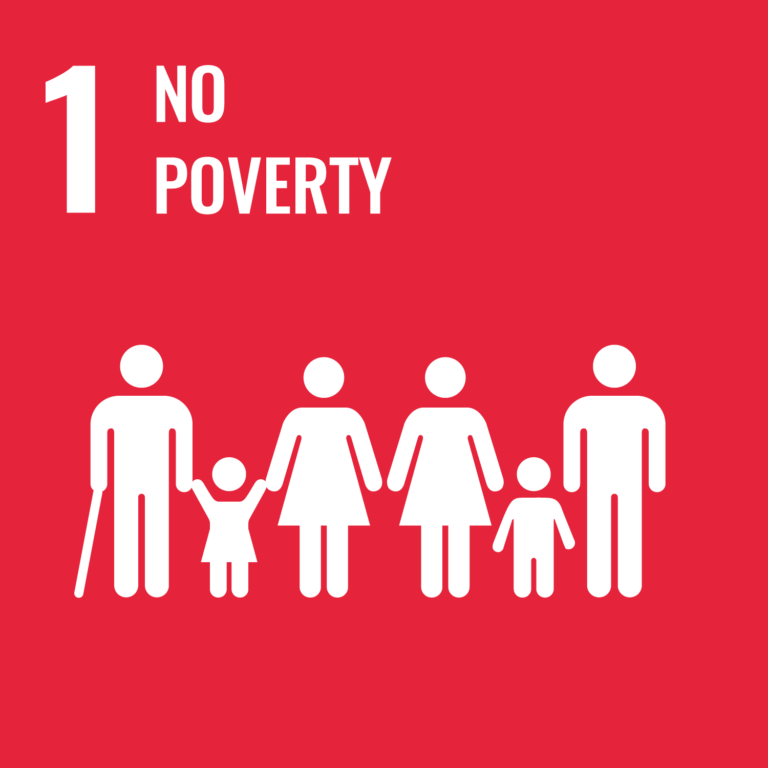
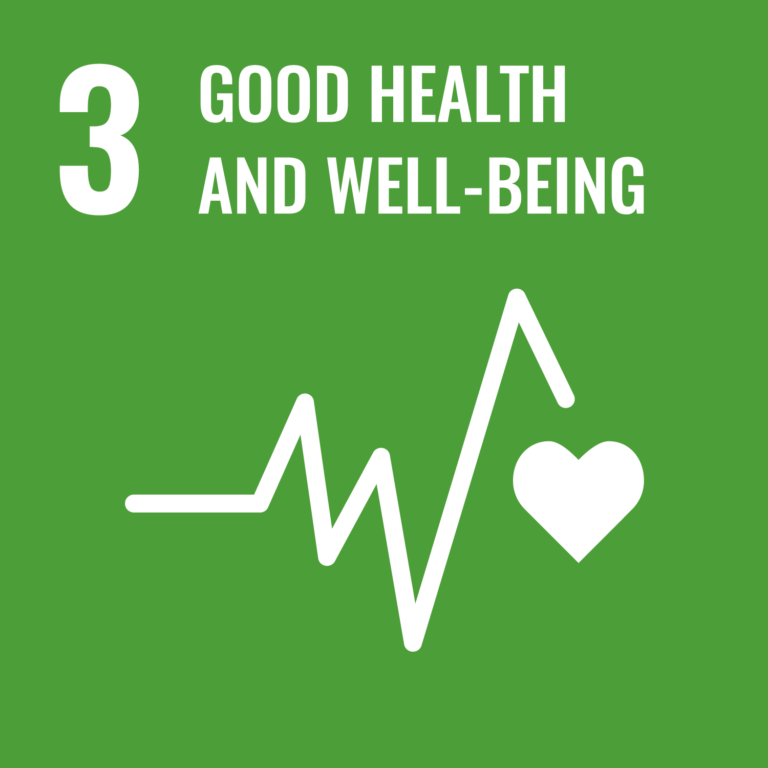
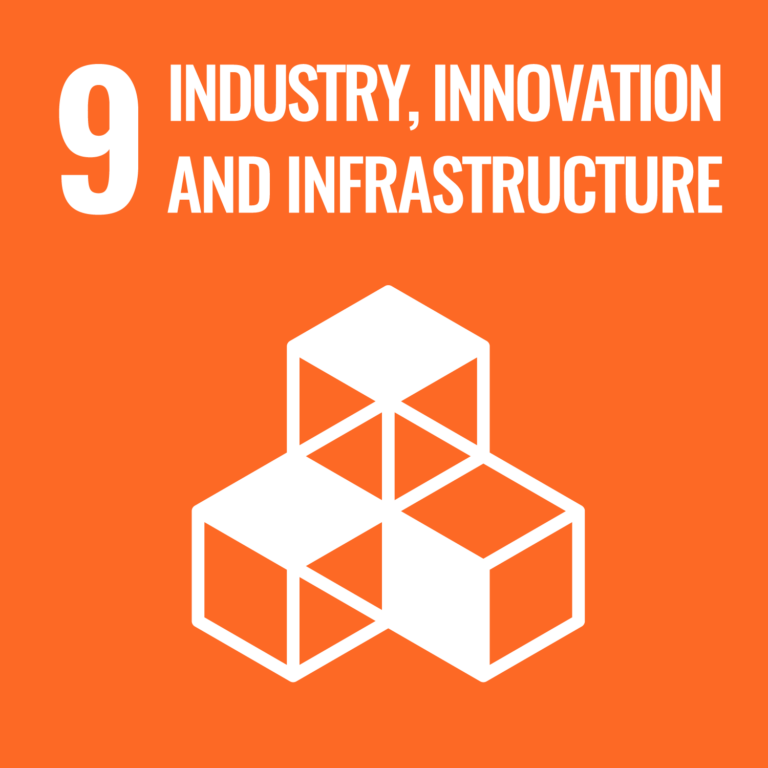
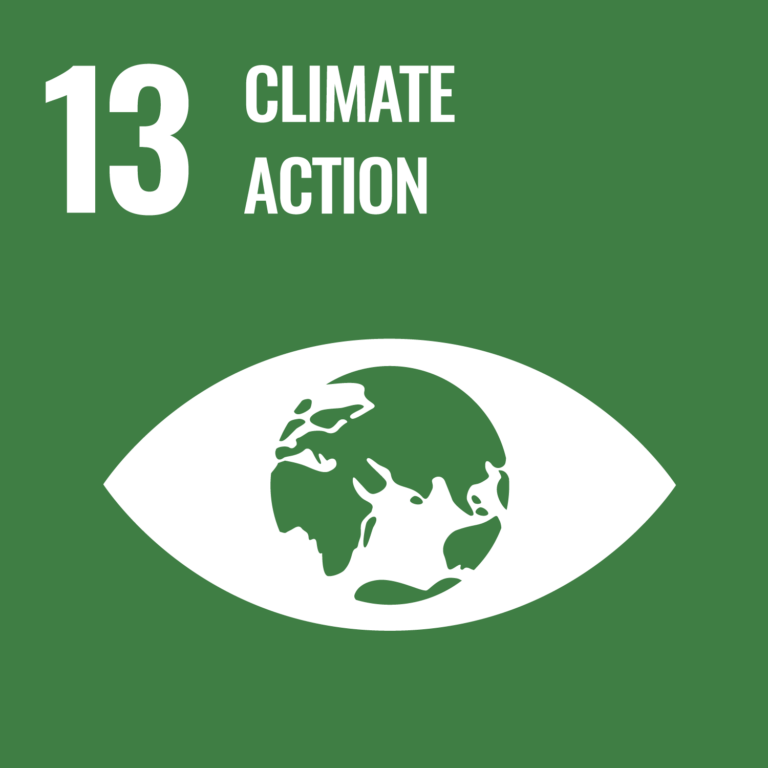
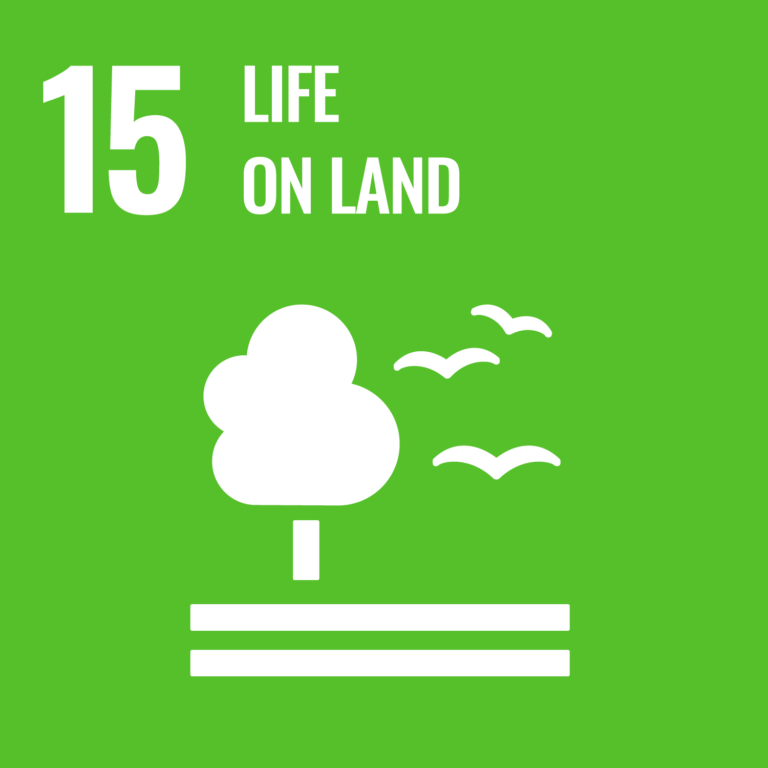
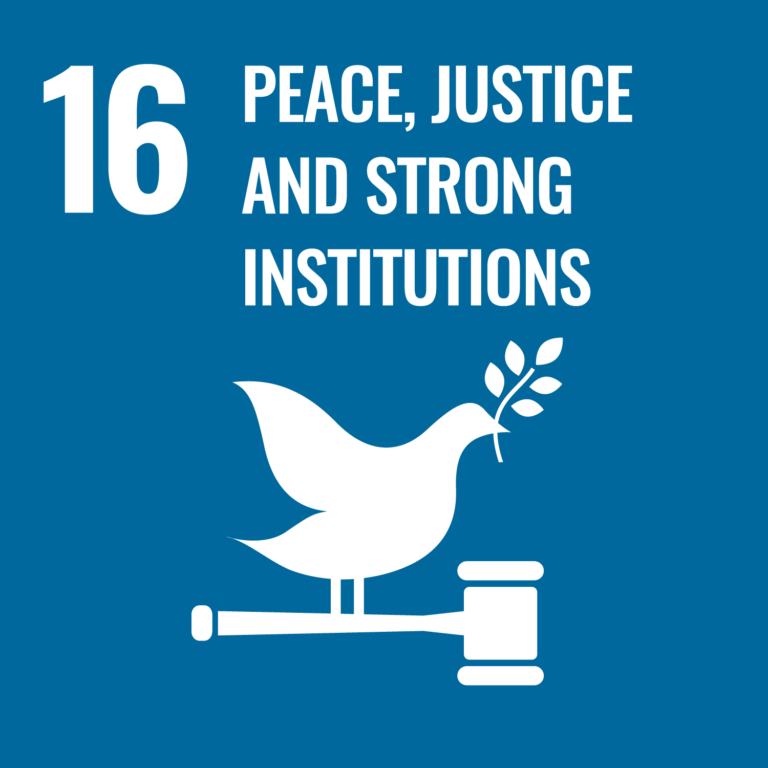
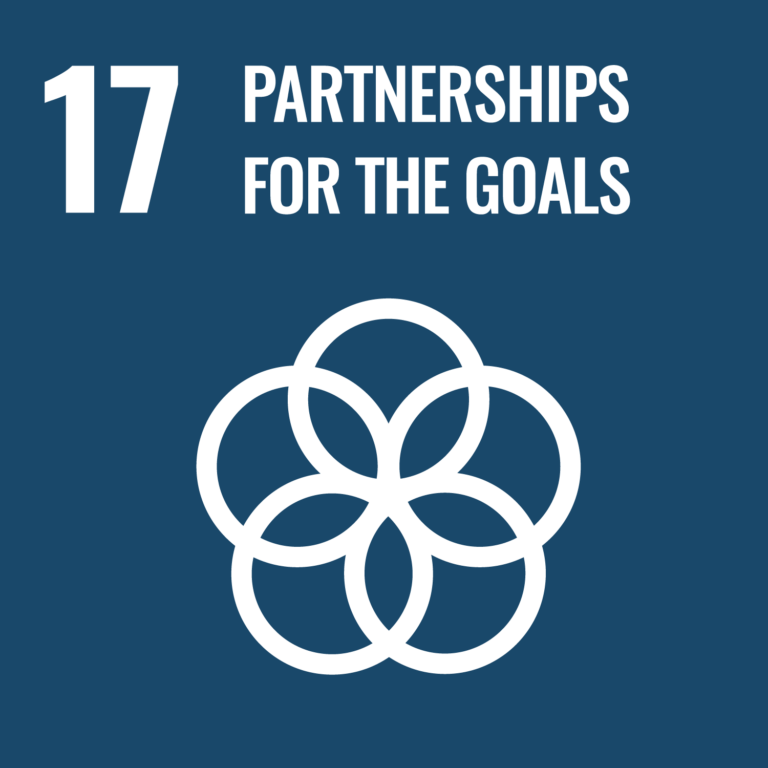
5:30 p.m. – 7:00 p.m.
Reception
AUGUST 25 (UNIVERSITY OF VICTORIA)
8:30 a.m.
Welcome to the day
Senator Jim Munson – Chair of the Board, Forum de Victoria
8:45 a.m.
Plenary 2: Taking Stock of the SDGs in 2025
With just five years until the target date of 2030, the prospects are slim for realizing the Sustainable Development Goals. This session will ask the questions: How much progress has been made and how can Canada and other nations close the gap between humanity’s hopes and its prospects?
Featuring:
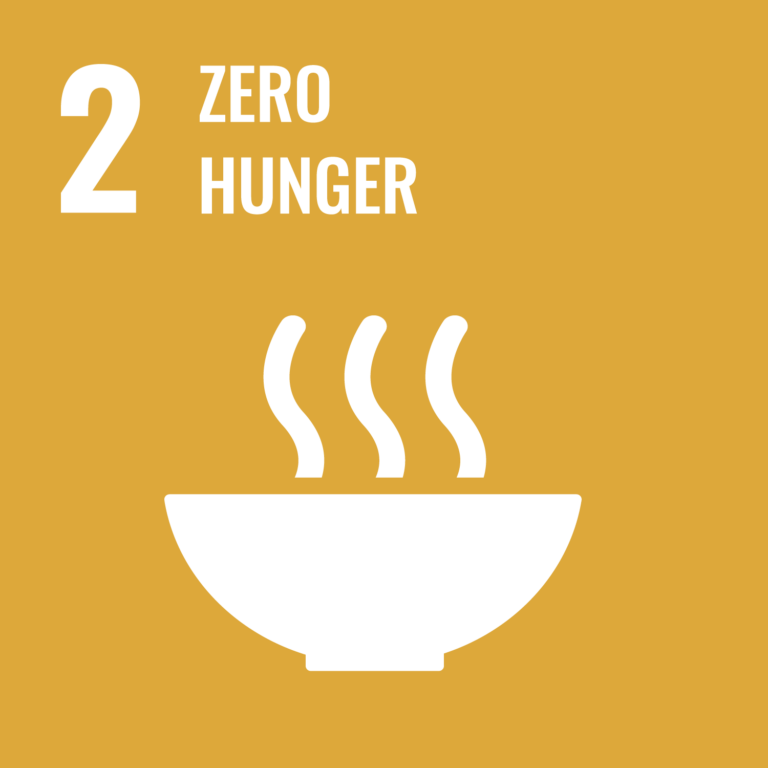

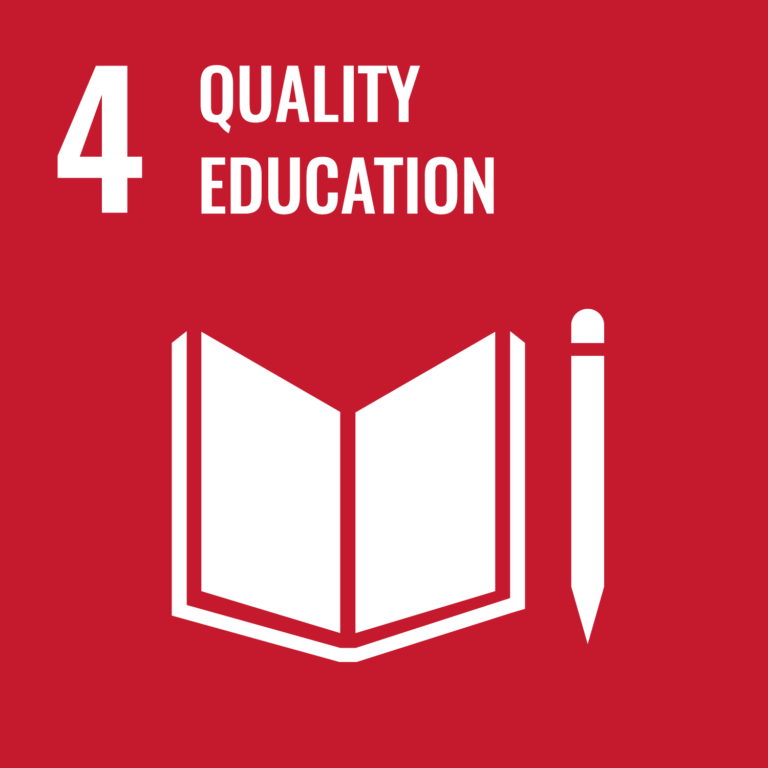
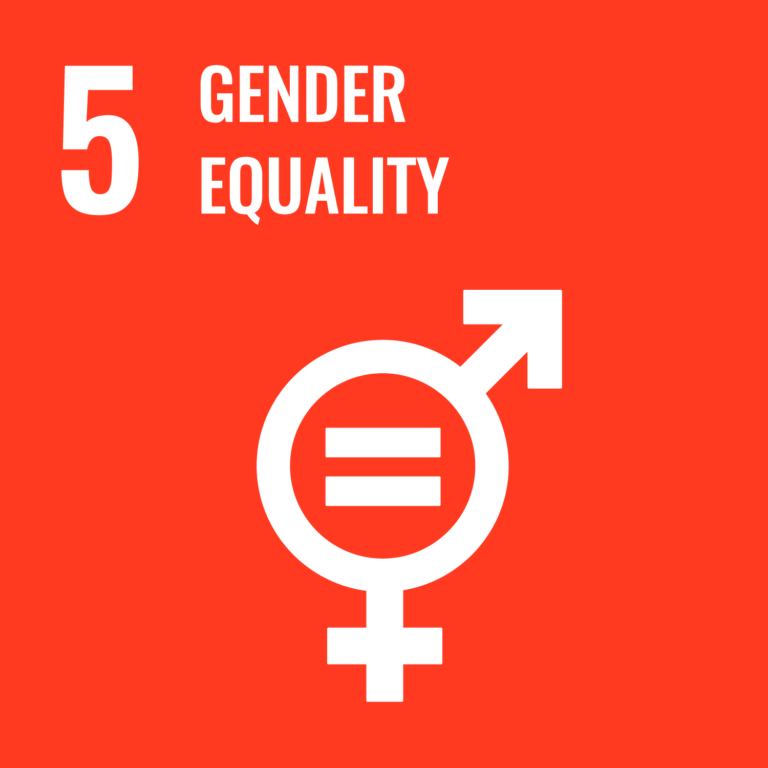
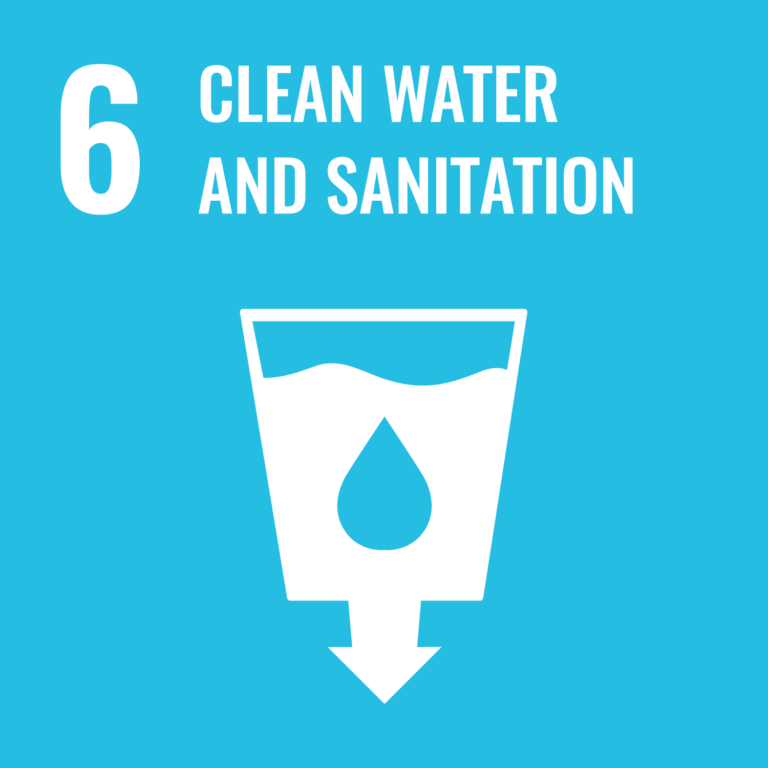
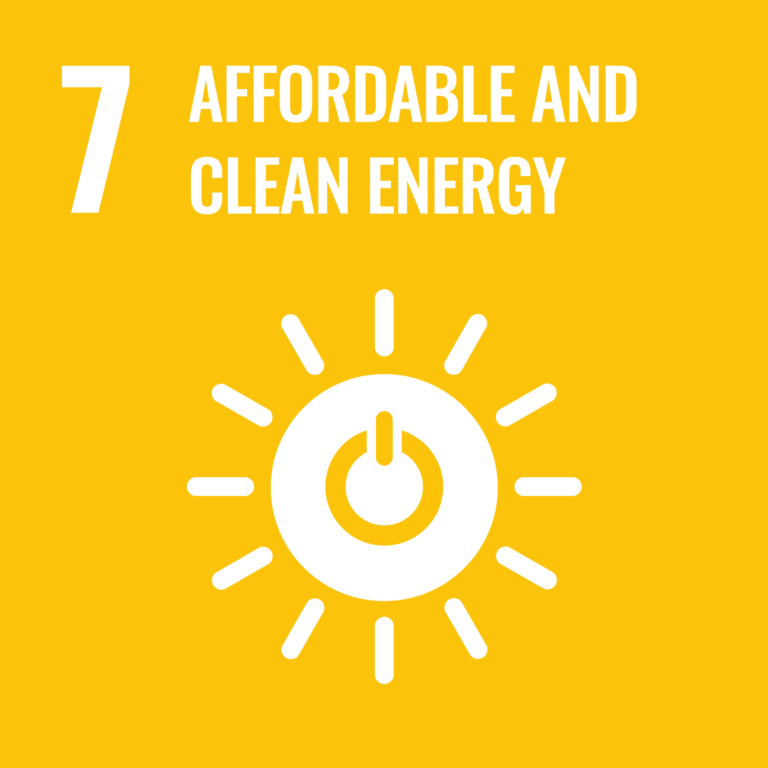
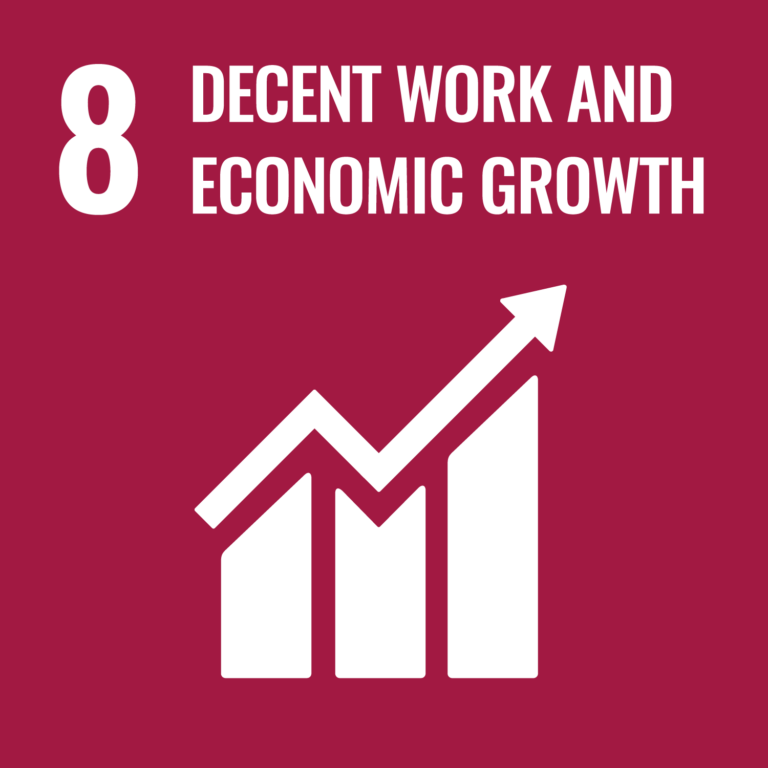

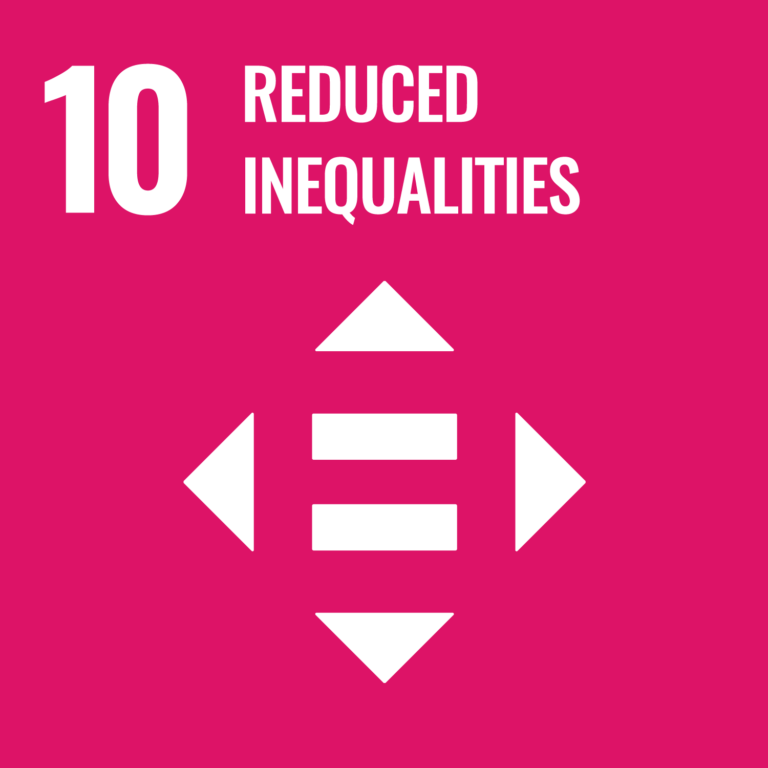
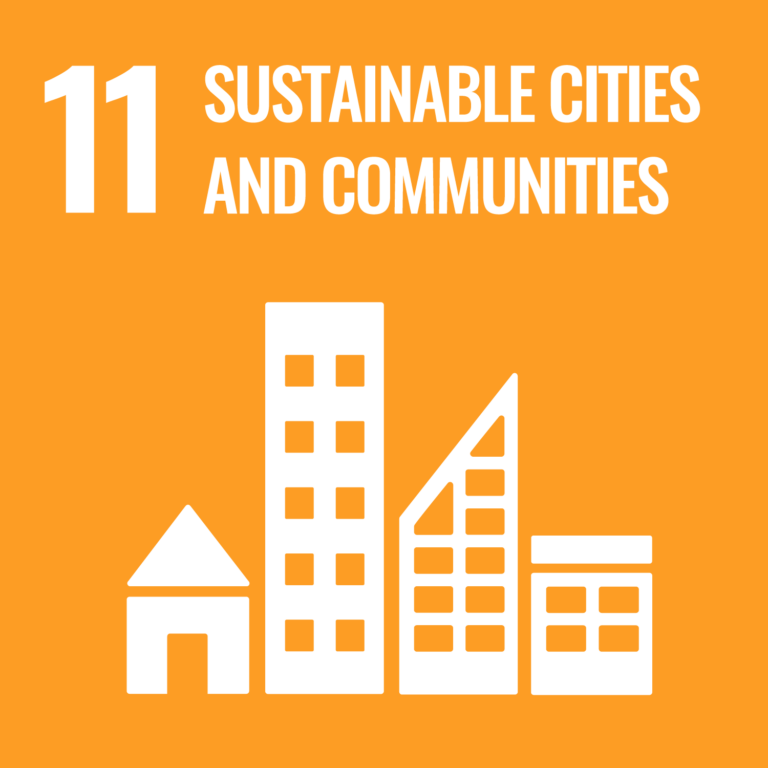
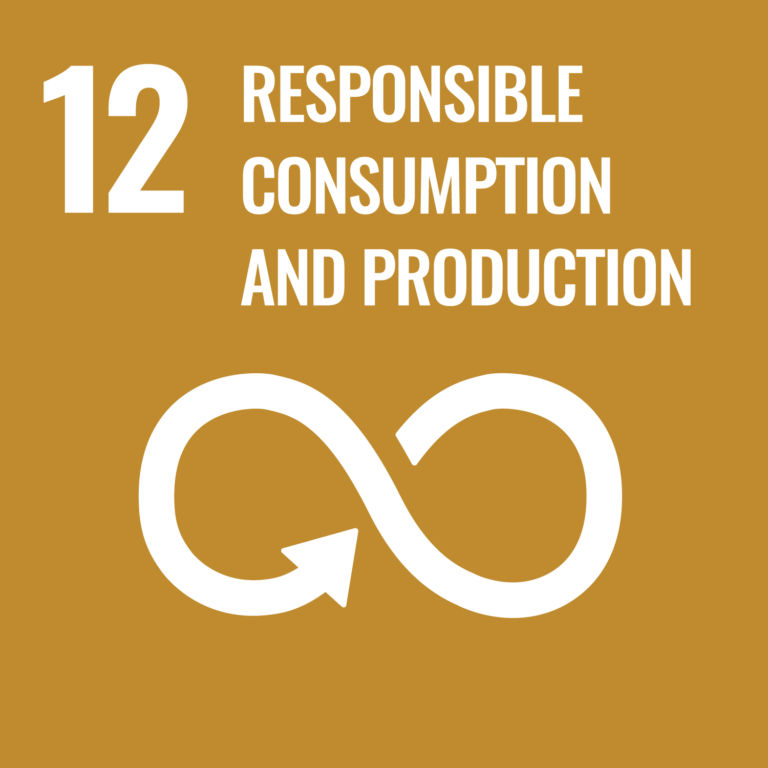

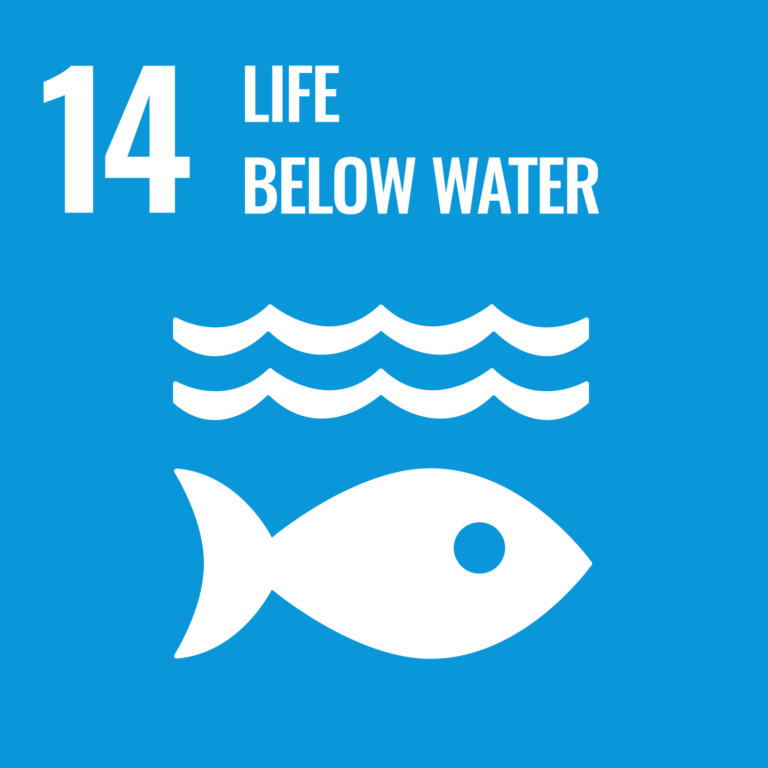



9:45 a.m.
Break
10:15 a.m.
Plenary 3: Climate x Health: Canada’s Role
Planetary health, which sits at the intersection of global health and climate change, is a key existential challenge of our time, and has been identified as a priority for the World Health Organization. But what does it mean and how could Canada effectively address it? This session will explore this question by providing an overview of the issue.
Featuring:


11:20 a.m.
Plenary 4: The 2030 Challenge: Transitioning Canada’s Industrial Economy
This session’s purpose is to identify leverage points and related strategies for Canada to make an accelerated and equitable transition to a zero carbon economy by 2030.
Featuring:


12:40 p.m.
Lunch
1:50 p.m.
Parallel Sessions
This panel examines how cooperatives can help advance the UN Sustainable Development Goals by promoting economic, social, and environmental sustainability. Experts will highlight the innovative solutions cooperatives offer, while also addressing challenges in gaining political support. The discussion will focus on strategies to strengthen cooperative entrepreneurship in Canada as a means to build resilient, inclusive communities and economies.
Featuring:
Moderator:





This session will highlight Africa’s unique potential to achieve the SDGs. In particular, the continent’s resources, its demographic dynamism and its strategic role in the transition to inclusive and sustainable global development would be discussed.
Featuring:
Moderator:







This session will explore diverse approaches to student and community-engaged scholarship, at a time when the societal role of post-secondary institutions is changing. On the one hand, students need to know that their schools are preparing them to assume leadership roles in the societal transition now underway. At the same time, universities and colleges are becoming more closely engaged with and responsive to the needs of their host communities.
Featuring:La sénatrice Marilou McPhedran – Sénat du Canada



This session explores how public institutions, especially hospitals, can lead a shift toward regenerative food and health systems in Canada. Through Nourish’s “100 Million Better Bites” campaign, it highlights how institutional food procurement can drive climate action, equity, and cultural restoration. Rooted in Indigenous knowledge, Canada’s Food Guide, and the Planetary Health Diet, the session showcases leaders transforming meals to align with health and sustainability goals. Participants will help co-create a “Meal Plan for Canada,” envisioning food as a tool for healing people and the planet in a time of crisis and change.
Featuring:
Hayley Lapalme – Executive Director, Nourish




As Canada diversifies its trading relationships, it should not overlook the opportunity to strengthen ties with developing countries, especially as they simultaneously advance the SDGs. This session will highlight a unique Canadian initiative in Latin America, administered by the Social Venture Exchange (SVX) in collaboration with Global Affairs Canada, private investors, and Colombian and Mexican partners.
Featuring:



Building on the VF24 session on this topic, and with reference to a discussion paper prepared over the past few months, this session will present and discuss a proposal to establish a community of practice focused on developing the field of asset holders’ – such as philanthropic foundations and impact investment funds – participation in formulating public agendas; establishing pooled efforts to advance policy; guidelines for responsible advocacy, case studies and more.
Featuring:
Moderator:



3:05 p.m.
Break
3:20 p.m.
Parallel Sessions
Shifting the trajectory requires leaders in public and private sector organizations to think and act differently. This session will explore how to develop different mindsets and skill sets and how Business Schools need to adapt.
Featuring:
Andrew Petter – former President, Université Simon Fraser





This session explores the transformative impact of AI on society, the economy, and culture, emphasizing the global race to lead in AI innovation. With massive investments by countries like the U.S. and EU, there’s growing pressure to balance AI’s benefits with its risks. The session highlights the critical role of parliamentarians in shaping effective, informed policies. Experts will share insights on Canada’s AI progress, the supporting infrastructure, and international best practices needed to navigate this rapidly evolving landscape.
Featuring:

This panel convenes key leaders from British Columbia, Québec, national institutions, Indigenous communities, and sustainable finance networks. It explores what it takes to build a coherent, effective, and durable sustainable finance ecosystem in Canada, at a time when climate finance faces serious headwinds. Drawing on regional strengths and innovations, it aims to identify how Canada can align its forthcoming climate investment taxonomy, disclosures, investments, and Indigenous leadership to support the transition to a competitive and zero-carbon economy.
Featuring:
Moderator:




The Government of Canada formally launched its pioneering Social Finance Fund in May 2023. It tasks three wholesalers – Boann Social Impact, CAP Finance and Realize Capital – with responsibility for deploying an initial tranche of roughly $400M in repayable capital. In this session, wholesaler representatives, social finance intermediaries, investors, advocates and policy-makers will assess how far we’ve travelled together in the first two foundational years of a 16-year program. The conversation will take place in a participatory and interactive roundtable format, challenging ourselves to reach beyond the ecosystem’s leading edge in identifying actionable priorities for advancing the social finance marketplace.
Featuring:




This session explores the idea of redefining Canadian identity through regenerative, plant-forward, locally grown meals. As climate change, trade instability, and health crises converge, Canada has a unique opportunity to transform its food and health systems. Voices from across sectors—including farmers, chefs, Indigenous leaders, and policymakers—will discuss how culture, policy, and public institutions can support this shift. The goal: to imagine a “national meal” that nourishes people and planet, restores land and culture, and brings Canadians together in a time of profound change.
Featuring:
Andre Picard – Health Columnist, Le Globe and Mail
This panel explores how restoring our world begins with recognizing and valuing diverse forms of knowledge—especially Indigenous, land-based, and community-rooted wisdom. Panelists will reflect on their own roles and responsibilities in challenging extractive systems, knowledge hierarchies, and colonial structures, including within education and development. The session calls for epistemic justice, greater cooperation, and a shift from individualism to collective care. It will conclude with concrete actions tied to education, environment, and community engagement—offered as part of a broader call for transformation.
Featuring:
Peter Taylor – Director, Institute of Development Studies, UK






This session will explore the potential of geothermal energy in helping Canada achieve a net-zero economy. It will highlight the range of geothermal technologies available, outline the benefits specific to the Canadian context, and identify actionable steps to advance the sector. The discussion will also focus on the funding and policy mechanisms needed to support geothermal development and deployment across the country.
Featuring:
Lisa Kalynchuk – Vice-President Research, Université de Victoria


4:35 p.m.
Break
4:50 p.m.
Parallel Sessions
As trust in traditional institutions erodes, this panel explores how purpose-driven businesses can help restore confidence in economic systems. By shifting from a profit-only mindset to one centered on long-term social well-being, businesses can become powerful agents of change. The session will examine the challenges and strategies needed to accelerate this transformation and highlight how aligning business with social purpose can redefine economic models and rebuild trust in our shared future.
Featuring:Keith Ippel – co-CEO, Spring

















This session will consider the use of “serious games”, using localized maps to involve the community in understanding localized climate impacts and preparedness.
Featuring:
Tamara Krawchenko – Associate Professor, Université de Victoria






Featuring:
Andréa Nemtin – CEO, Innovation sociale Canada
Tim Draimin – Board Chair, Innovation sociale Canada
Moderator:
To be confirmed.



This session will honour the creation and impact of the Lekwungen Declaration, first introduced at the 2022 Victoria Forum. Since then, it has been adopted by the Commonwealth Games Federation in 2023 and endorsed by all 73 Commonwealth Sports Ministers in 2024. A key moment took place at Canada House in London on February 20, 2025, where Canadian Indigenous leaders and Victoria Forum representatives presented the lək̓ʷəŋən Paddle to Commonwealth Sports President Chris Jenkins—symbolizing collective commitment to reconciliation and the unifying role of sport in that journey.
Featuring:
Moderator:


This panel explores the future of public funding in Canada’s media landscape, where government support—through tax credits, wage subsidies, and more—has become vital for both legacy media and digital startups. As questions arise about the sustainability and independence of journalism, the discussion will focus on developing funding models that are arms-length from the government to maintain public trust. Panelists will consider how policy can evolve to support a thriving, independent media sector and what principles should guide the next phase of public investment in journalism.
Featuring:

Migrants are frequently blamed for exacerbating social problems such as a shortage of housing, access to health care and other negative impacts. There is very little evidence for these beliefs and it is important to correct the narrative. In reality, migrants have a net positive impact on our economies, our society and our communities.
Featuring:
Nurjehan Mawani – Vice Chair, International Development Research Centre (IDRC)



6:05 p.m.
Buses depart
6:30 p.m.
Reception (at Royal BC Museum)
Featuring:
Ulrike Al-Khamis – CEO & Director, Aga Khan Museum
David Vest (piano) and Daniel Moran (harmonica)
AUGUST 26 (UNIVERSITY OF VICTORIA)
8:30 a.m.
Welcome to the day
Stephen Huddart – Director, Regenerative Economy Program, Forum de Victoria
8:45 a.m.
Plenary 8 – Youth on the Frontlines: Shaping Just and Sustainable Futures
This panel highlights how young people are responding to global crises with visionary leadership, linking economic opportunity to sustainability, justice, and collective well-being. It explores youth-led efforts to build regenerative economies and emphasizes the importance of intergenerational collaboration, civic engagement, and institutional support. The session will showcase how youth are not just imagining, but actively creating more just and sustainable futures.
Featuring:Kyle Empringham – Co-founder and Executive Director, The Starfish Canada




10:00 a.m.
Break
10:20 a.m.
Plenary 9: Meta-crisis or meta-consequence? Facing and dealing with the mess we have created.
Nate Hagens – Executive Director, The Institute for the Study of Energy & Our Future and host of the “The Great Simplification” podcast.
In conversation with:
Vanessa Andreotti – Professor, Université de Victoria; author of Hospicing Modernity and the forthcoming Outgrowing Modernity: Navigating Complexity, Complicity, and Collapse with Accountability and Compassion


11:25 a.m.
Plenary 10: No change with no change – why talk alone does so little
Time and again, sincere efforts at systems change fall short because of neglecting the “deeper work” – the quality of the relational space and commitment to our own personal development. This session explores the inner-outer work of leadership at all levels amidst today’s extraordinary emotional and psychological stresses, political, social, ecological breakdowns, and technological disruptions – grounded in the experiences of the growing “compassionate systems” community in BC primary and secondary education.
Featuring:


12:45 p.m.
Lunch
1:45 p.m.
Parallel Sessions
Once a symbol of peaceful relations, the Canada–U.S. border is now seen as a frontline in the global fight to protect democracy. The rise of authoritarian regimes is undermining law, governance, and stability, with threats extending to economic pressure. In response, Canadians are rallying to defend their values and institutions—prompting urgent questions about what is being defended and how best to do so.
Featuring:

This session examines the urgent need to address the health impacts of climate change while reducing the environmental footprint of the healthcare system. It advocates for a more holistic, global vision of health — one that promotes healthy living environments and recognizes the benefits of nature for physical, mental, and cognitive well-being. The discussion will focus on practical steps to turn this vision into action, fostering a healthier future in harmony with the environment.
Featuring:
Sénatrice Marie-Françoise Mégie





Canada is on the brink of a historic intergenerational wealth transfer, with $1 trillion expected to shift from baby boomers to younger generations by 2026. This transition is more than financial—it’s a chance to reshape stewardship, values, and priorities. Women, due to longer life expectancy, will play a central role, directing nearly $4 trillion in assets by 2028. The rise of “giving while living” reflects a growing desire to use wealth for immediate social and environmental impact. As this wealth shifts hands, it presents a unique opportunity to challenge extractive economic systems and align capital with justice, equity, and community.
Featuring:




This panel poses the question: Could Canadian local government benefit from a new national Municipal Development Bank that was owned by local governments for local governments? The intention is not to prescribe what this would be in detail but rather to explore the potential promise, and pitfalls, of creating a new legacy public interest financial institution mandated to democratically support sustainable and prosperous communities.
Featuring:




This session will explore how wealth accumulation, investment practices, and philanthropic structures are deeply rooted in colonial histories and continue to perpetuate inequality and injustice today. Featuring Indigenous, Palestinian, and Black perspectives, the panel challenges us to rethink capital beyond technical screens and ESG frameworks, asking instead: What does it mean to truly decolonize wealth? The session will offer vision and practices to move toward community-led, justice-driven approaches to reimagining wealth.
Featuring:
Basma Majerbi – Associate Professor, Université de Victoria




This session explores Canada’s Blue Economy Strategy and its role in advancing the UN Sustainable Development Goals. Oceans are essential to Canada’s communities and economy, offering climate solutions, job opportunities, and ecosystem health. As a global leader in ocean science and sustainable management, Canada is developing a strategy to harness ocean resources for inclusive, resilient growth—particularly benefiting coastal and Indigenous communities. The session will highlight how this approach supports 11 interrelated SDG targets across economic, social, and environmental pillars.
Featuring:
Moderator:




3:00 p.m.
Break
3:15 p.m.
Parallel Sessions
Current democratic systems—largely inherited from 18th-century models—are struggling to meet the demands of a rapidly evolving society shaped by misinformation, climate crises, population growth, and digital disruption. This session will bring together global voices from technology, policy, civic innovation, and peacebuilding to explore the integration of deliberative and digital approaches to democratic decision-making. It will center a facilitated dialogue that is both inclusive and action-oriented, aiming to surface pathways for collaboration and future experimentation.
Featuring:
Moderator:


AI is transforming healthcare, from documenting patient interactions to analyzing medical images. However, its success hinges on building trust among patients and clinicians. This session explores how to balance innovation with the need for strong safeguards, ethical standards, and system integrity to ensure AI is used responsibly and effectively in healthcare.
Featuring:
Elizabeth Borycki – Professor, School of Health Information Science; Director, Global Laboratory for Digital Health Innovation, University of Victoria
Dr. Michelle Hamilton-Page – Researcher, Association médicale canadienne
Dr. Margot Burnell – President, Association médicale canadienne
Moderator:
Senator Joan Kingston



Amid the Great Wealth Transfer, there is a critical need to direct financial resources toward building a new economic and cultural paradigm—not by improving the current system, but by imagining alternatives. This means shifting from extractive to regenerative design, prioritizing stewardship over ownership, and recognizing diverse forms of capital beyond just financial. Wealth should support organizations and movements that challenge neoliberal capitalism and offer new models rooted in equity, sustainability, and shared well-being. Investing in these “proofs of possibility” is essential to creating a livable, just future.
Featuring:
Cassie Robinson – Co-founder, Wealth Shift Studio




This panel will explore how public sector organizations, local governments, and community actors can work together to advance climate and energy solutions rooted in equity, place-based knowledge, and collaboration. It will highlight the need for trust-building, shared leadership, and financing models that support inclusive, community-led action.
Featuring:
POWER is building a pan-Canadian network of “Think and Change” nodes which bridge academia, healthcare, and the community. They are linked together by a national secretariat to deliver the coordination, knowledge mobilization, and strategic, evidence-based communications required to adapt our society and economy with planetary health and wellbeing principles.
Speakers:









R.E.S.E.T. Communities (Resilient Ecosystems for Sustainable Engagement and Transformation) is a bold initiative that goes beyond fixing problems. Instead, communities are treated as ecosystems. By using this approach, communities are better equipped to address complex local issues and opportunities within the broader context of the United Nations’ Sustainable Development Goals (SDGs).
Featuring:
James Stauch – Complex Systems Strategist, ATCO SpaceLab


4:30 p.m.
Break
4:45 p.m.
Parallel Sessions
Indigenous knowledge systems offer time-tested models for sustainability, with a deep interconnection between human well-being and ecological health. This session will explore how planetary health, an approach that recognizes the interdependence of environmental and human systems, can be strengthened through Indigenous leadership and knowledge. Panelists will discuss how Indigenous-led environmental stewardship, holistic health approaches, and policy innovations can accelerate progress toward key SDGs.
Featuring:
Dr. Ojistoh Kahnawahere Horn – Family Physician, Akwesasne Medical Clinic
Dr. Shannon Waters – Deputy Provincial Health Officer, Planetary and Water Health, British Columbia
Dr. Veronica McKinney – Director, Northern Medical Services
Moderator:
Senator Gigi Osler




Looking to the future, surmounting the deep roots of democracy’s global woes will require a sustained effort to prove that democracy can and will deliver. And democracy has undoubtedly been in retreat for over a decade now, typified most recently with a renewed invasion of a democratic European country by an authoritarian regime in 2022 and the election of Donald Trump in the United States. At a global level there has also been an erosion of trust in international institutions and their capacity to address issues of international concern. This session will discuss the state of global democracy and the rules-based order, along with the troublesome international trends that are increasingly becoming evident.
Featuring:
Reeta Tremblay – former Provost, Université de Victoria
Jonathan Manthorpe – Executive Member, Victoria Branch, Canadian International Council
Alan Siaroff – Professor Emeritus, University of Lethbridge
Moderator:
Chris Kilford – President, Victoria Branch, Canadian International Council

This participatory session invites changemakers across sectors to explore how philanthropy can help de-risk bold innovation and shift the flow of capital to support systems change. Instead of asking what to fund, we’ll ask what must exist for transformation to take root—building not just projects, but the infrastructure that enables lasting impact.
Featuring:


As Canada strives to meet its sustainable development goal (SDG) commitments, investing in equality for all can help build the social and economic capacities that Canada needs to successfully navigate current global realities, from economic uncertainty to climate change. Addressing SDGs #1 (No Poverty) and #10 (Reduced Inequalities)—among others—this session will consider strategies and next steps to build up communities where all are supported and empowered to contribute, care and chart our collective course to a better future.
Featuring:
La sénatrice Kim Pate



As the world experiences significant geopolitical and economic shifts, Canada must ensure the stability and sustainability of its economy. This session will focus on the need to further advance sustainable finance policies in Canada as a solution to growing economic uncertainty and to build resilience against rising environmental and social risks. Advancing sustainable finance directly supports the achievement of several UN SDGs, including SDG 8 (Decent Work and Economic Growth), SDG 13 (Climate Action), SDG 9 (Industry, Innovation, and Infrastructure), and SDG 17 (Partnerships for the Goals), while also contributing to SDG 10 (Reduced Inequalities) by embedding social equity in financial decision-making.
Featuring:
Basma Majerbi – Associate Professor, Université de Victoria




This panel explores the evolving role of CBC/Radio-Canada amid growing concerns about funding, relevance, and public trust. It will examine how Canada’s national public broadcaster compares internationally, how it addresses bias, and what is at risk if underfunding continues. As independent journalism remains crucial to democracy, the discussion will focus on the broadcaster’s mandate, government responsibility, and how to ensure all Canadians have access to reliable, diverse, and fact-based news in a changing media landscape.
Featured:

6:00 p.m.
Closing comments and reception
Adel Guitouni – Associate Professor, Université de Victoria

















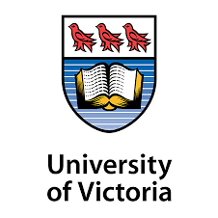


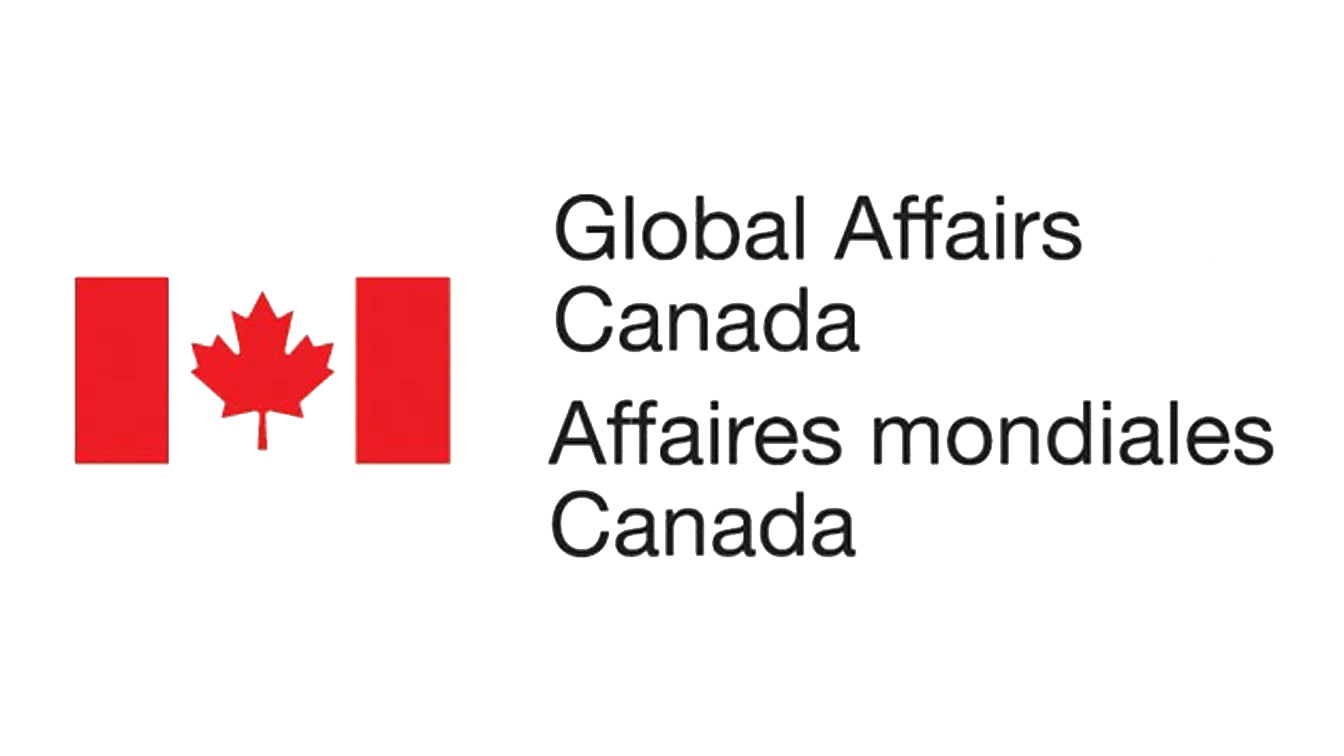


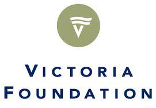
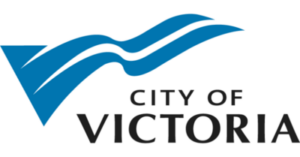






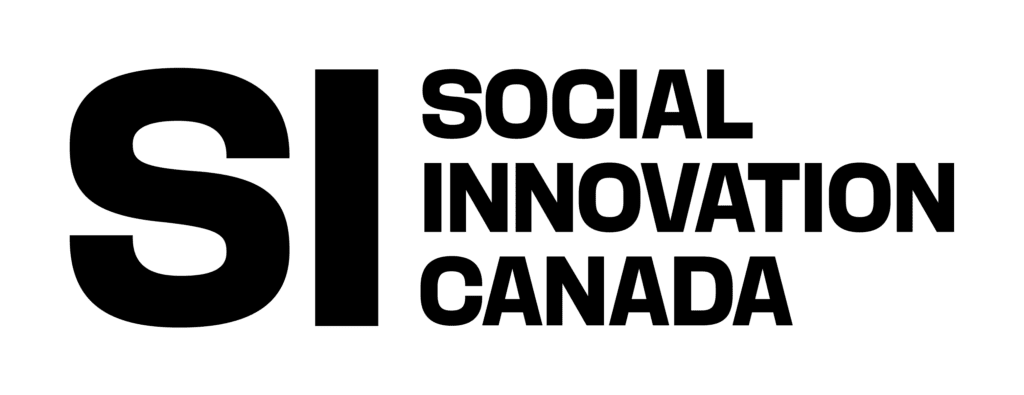

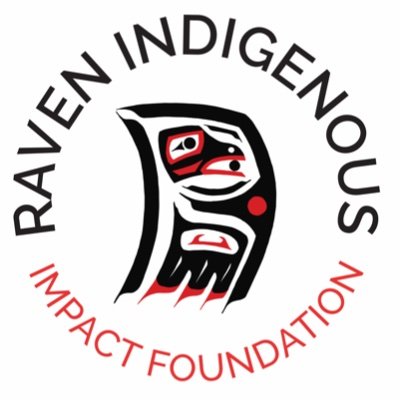

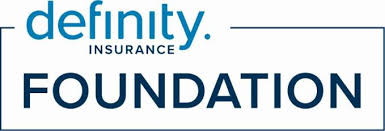
Recevez notre newsletter
Recevez des mises à jour sur le Victoria Forum et nos événements, initiatives et programmes à venir.

